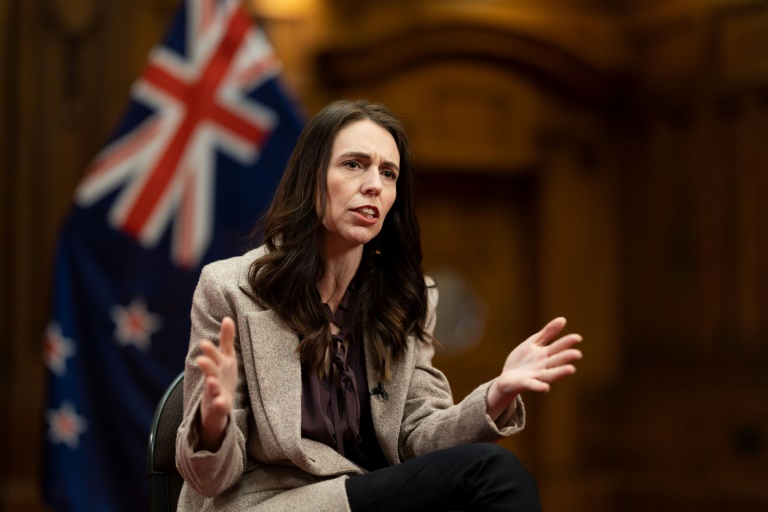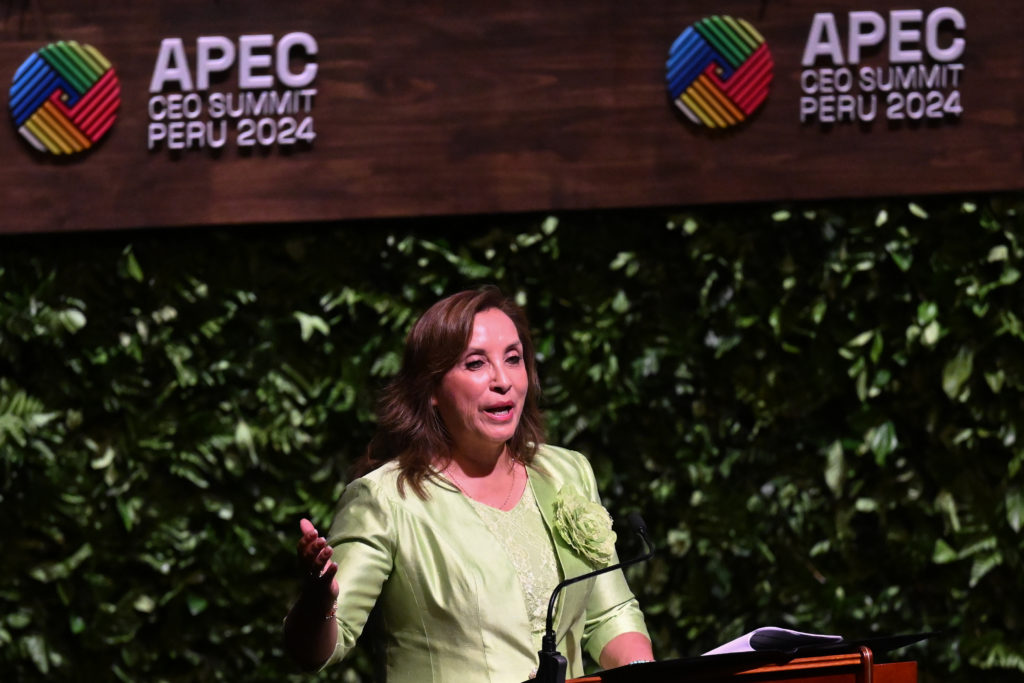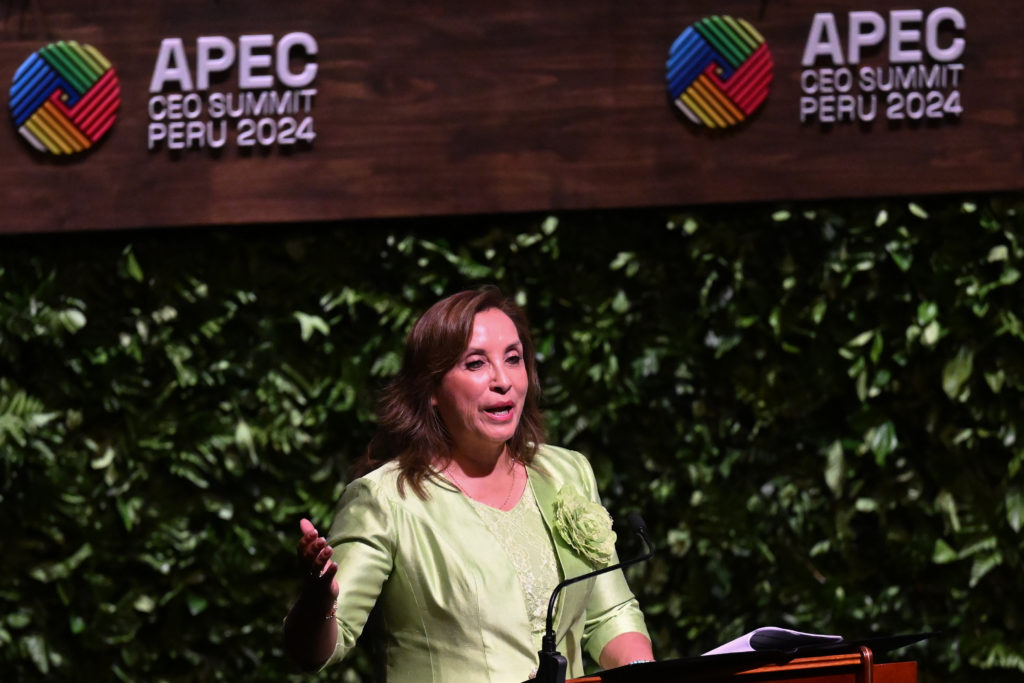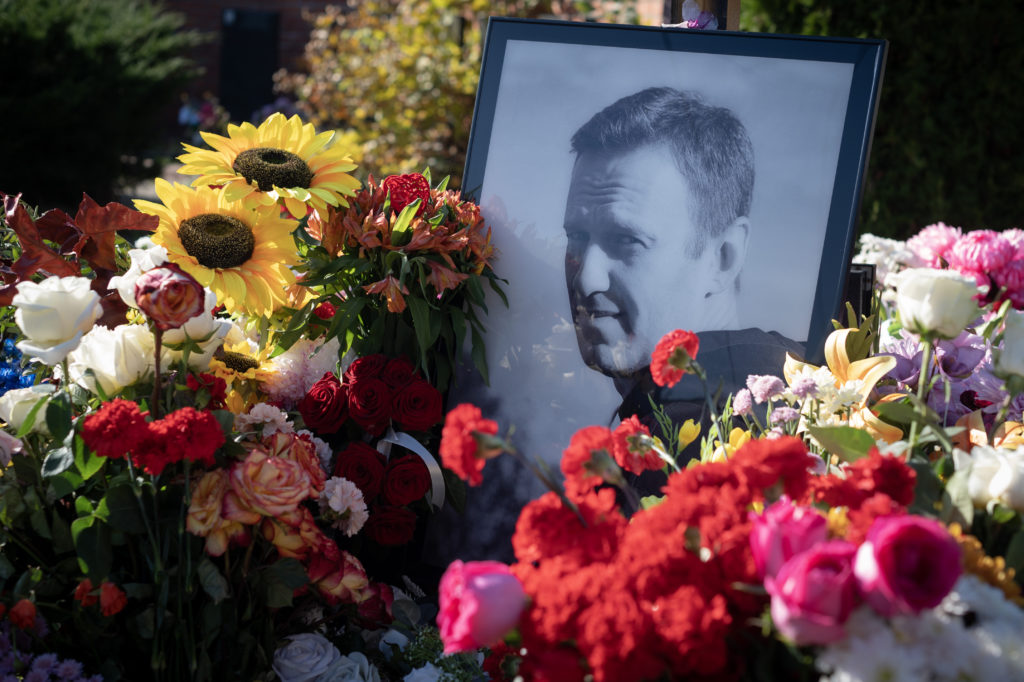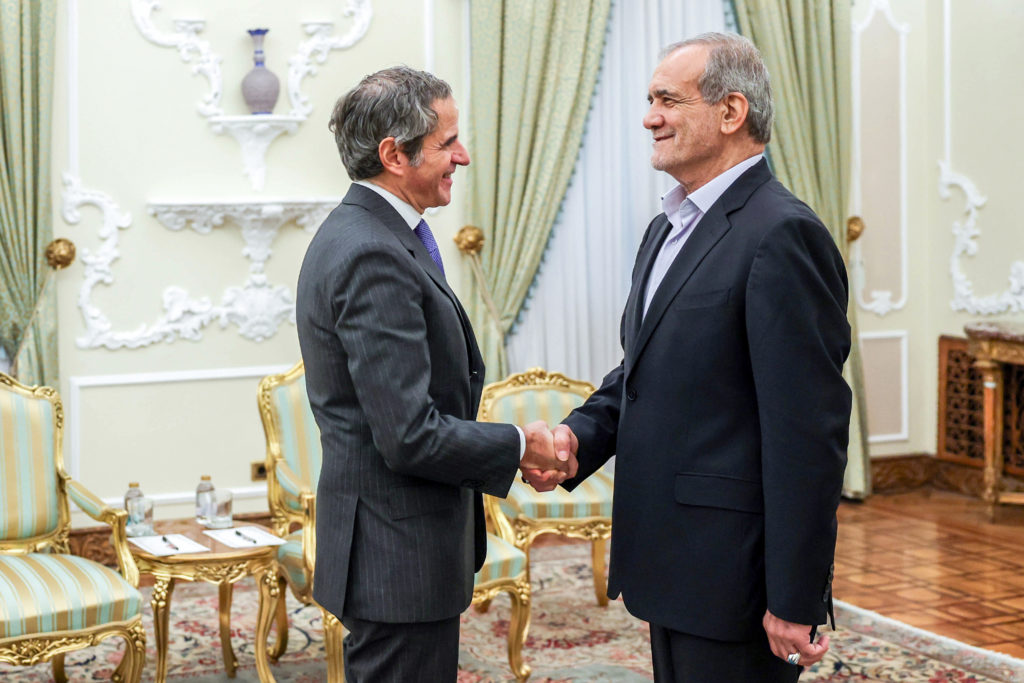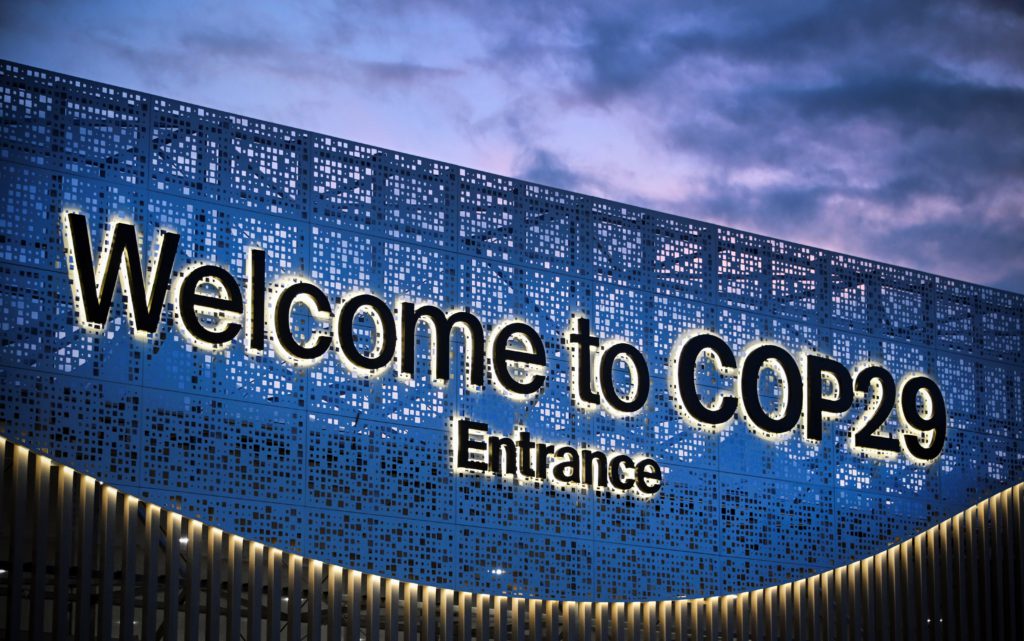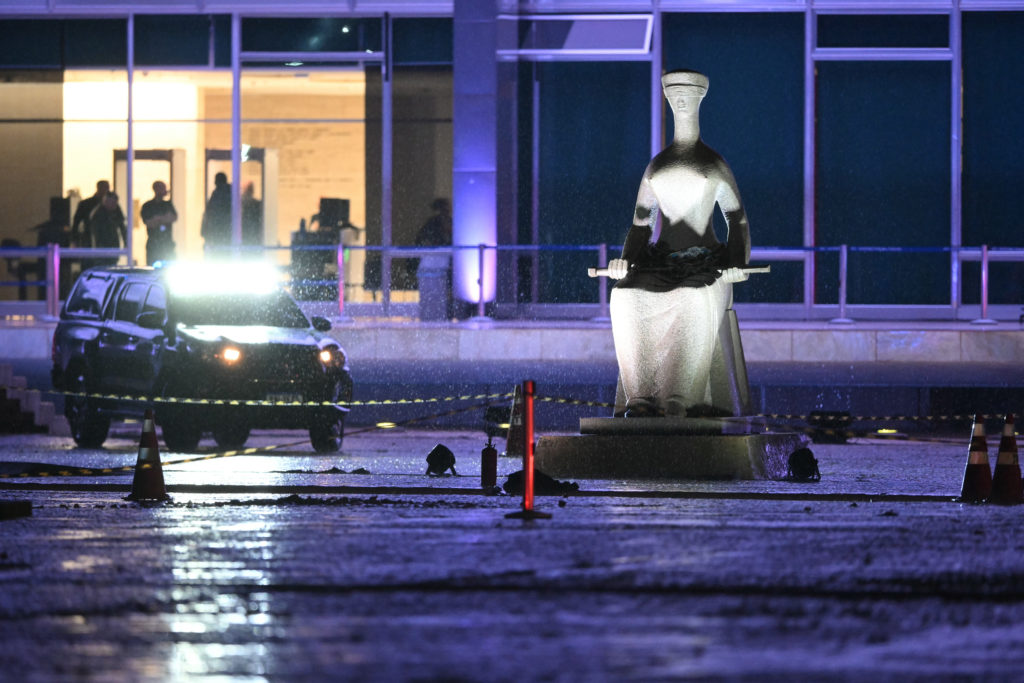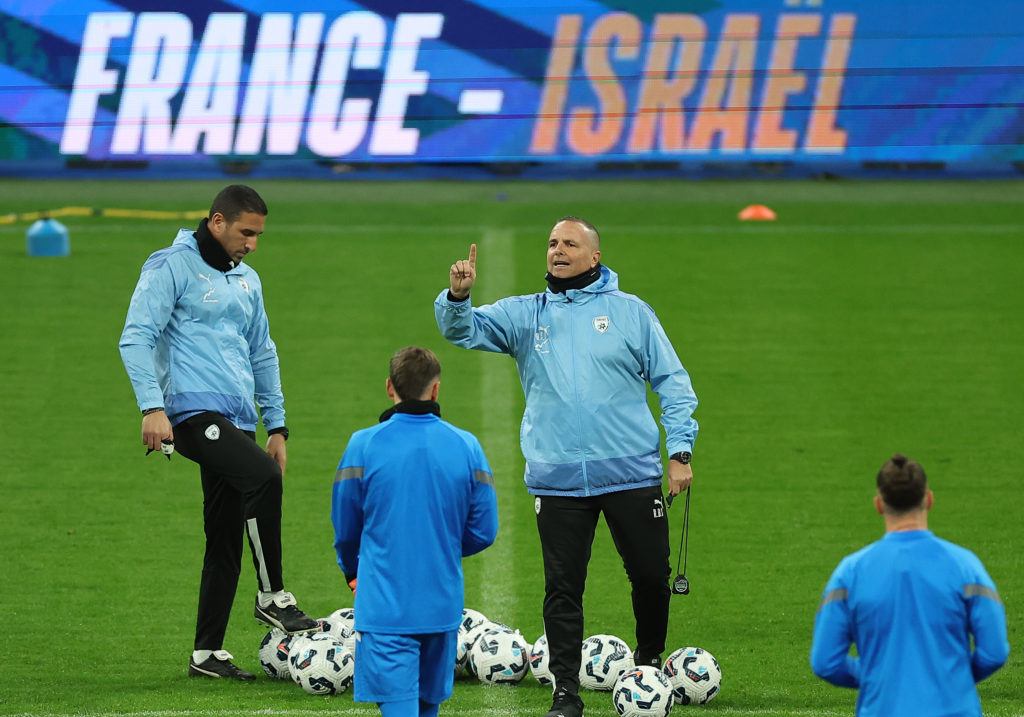Jacinda Ardern has warned the Glasgow climate summit is “make or break” in the fight to curb global warming, saying the world is now paying the price for decades of procrastination.
The New Zealand leader called for the UN-brokered talks to result in immediate and meaningful action, adding “we’re definitely at a point now where it’s moved beyond targets”.
“Glasgow is critical and I think everyone has recognised this juncture we’re at,” she told AFP in an interview conducted in partnership with Covering Climate Now, the New Zealand Herald and NBC News.
“This is the moment where it will be make or break for those ambitions that we’ve seen around 1.5 degrees.
“We know what falling short of 1.5 degrees means for the rest of the world, for ourselves and our region.”
Ardern said climate change was already fuelling extreme weather in New Zealand and neighbouring Pacific atolls faced inundation as rising waters overran their protective seawalls.
“For us, it’s in our backyard, and it does make it immediate,” said the 41-year-old, who has previously described the issue as a life-and-death generational challenge.
– ‘Steep drop to the bottom’ –
The Glasgow talks have brought together negotiators from 196 countries in the biggest climate conference since a landmark meeting in Paris in 2015.
Delegates in Scotland’s largest city are tasked with bringing to reality the ambitious goal set in Paris of capping global warming at 1.5 degrees Celsius of pre-industrial levels.
While unable to attend personally because she is hosting this month’s APEC economic summit — and is dealing with a Covid-19 crisis at home — Ardern has released policies she says put New Zealand at the vanguard of climate action.
They include halving greenhouse gas emissions by 2030, quadrupling foreign aid for climate mitigation projects and forcing financial markets to reveal how their investments impact global warming.
Ardern admitted New Zealand, like many countries, had long talked a big game on climate change, then failed to back up its rhetoric.
“For a number of decades, targets were set but investment and changes were not made to align with it and help us achieve that,” she said.
The centre-left leader, who took office in 2017, said her government was committed to climate action regardless of what other countries were doing or the prospect of domestic blowback over its economic cost.
“We can’t get ourselves into a situation where our action is reliant on the action of others, because who pays the price in that game, but all of us?” she said.
“It’s not enough to simply say, ‘we’ll wait until everyone else does their bit’. I’ve heard that argument. We have to do ours now, lest we all end up on a steep drop to the bottom.”
– Criticism –
However environmental groups have criticised New Zealand’s climate policies, notably for excluding its lucrative but heavily polluting agricultural sector from plans to achieve zero net emission by 2050.
Greenpeace Aotearoa’s Christine Rose said the sector accounted for almost half of New Zealand’s emissions — largely through methane from livestock — and excluding it rendered the government climate pledges “meaningless”.
“Unless we take action to address agricultural emissions now, the heavy lifting is left to the rest of us while agribusiness continues to profit from pollution,” Rose said.
Climate activists Generation Zero also last month called New Zealand’s policies a “disgrace”, citing the failure to take into account agriculture.
And Greta Thunberg has panned Ardern, saying the prime minister was not a climate leader.
Ardern said she stood by her record, while defending the young Swedish activist’s right to speak out on behalf of her generation.
“In my view, the world needs those who are out there holding us to account because this is not just about ‘set a target, walk away and hope for the best’ — those activists are seeking tangible changes now,” she said.
Ardern said it was important to consider the plight of those on the frontline of climate change, such as Pacific islanders dealing with increasingly violent cyclones, ocean warming and coastal erosion.
She was hopeful such voices had been heard in by the delegates debating the planet’s future in Glasgow.
“I will always be an optimist, and so I want to wait and see what we’re able to generate out of COP,” she said.

